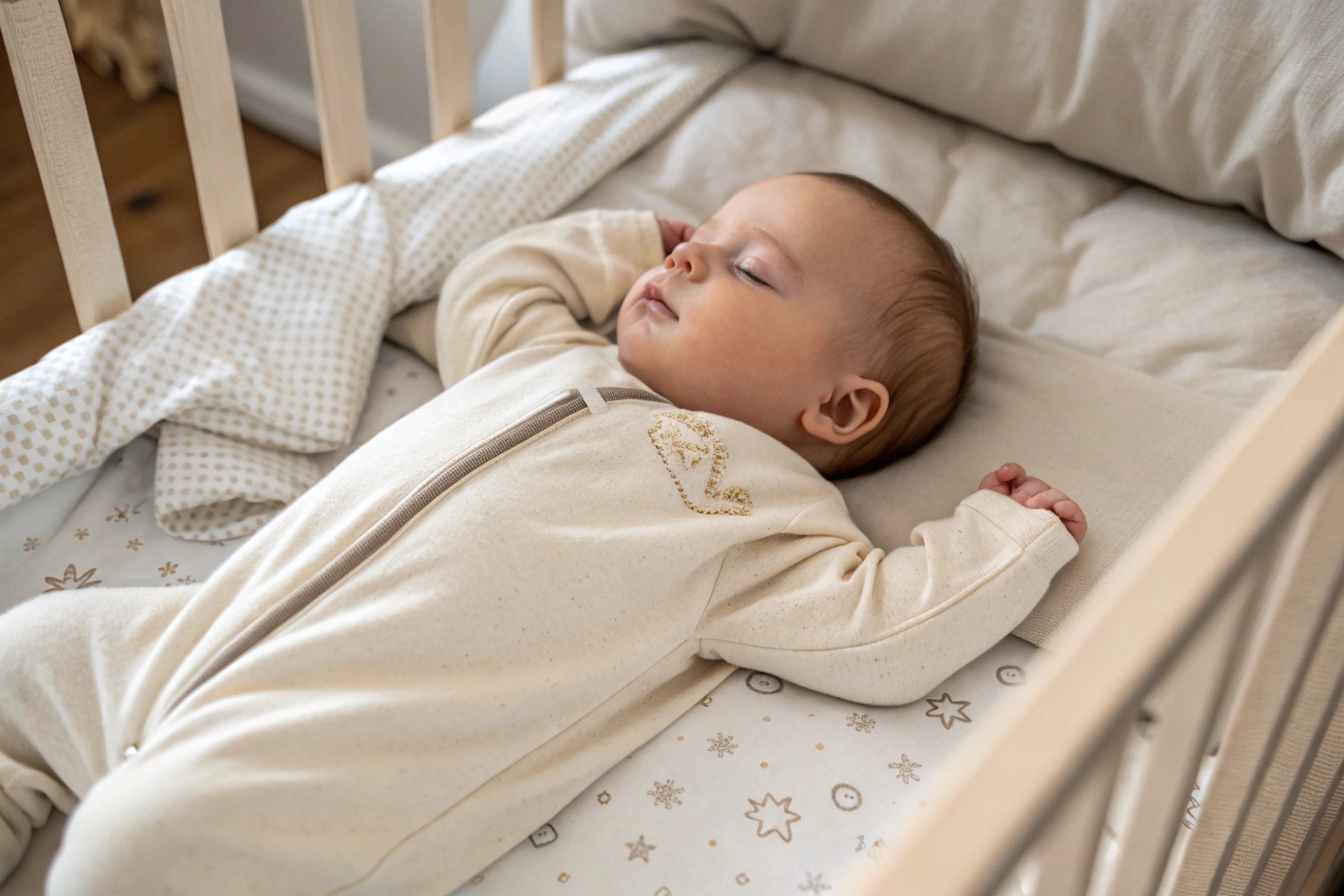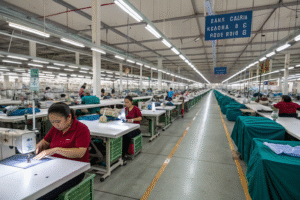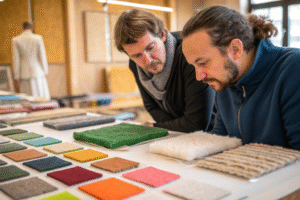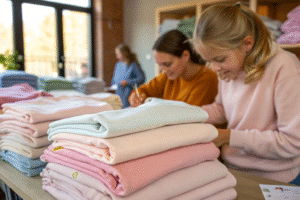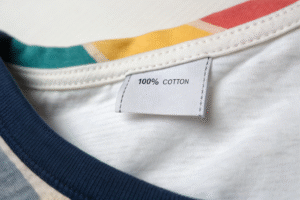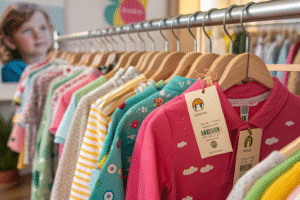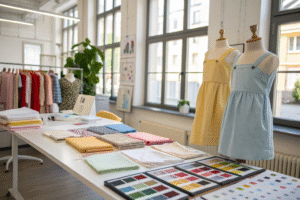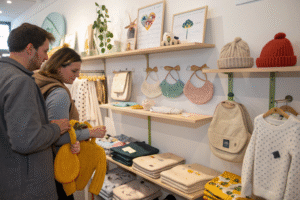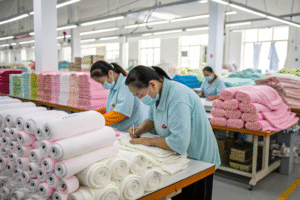New parents want the best for their baby—but with so many options out there, it’s hard to know what really matters. Safety, comfort, and long-term value can feel like a tradeoff.
Organic baby clothing is safer, softer, and more responsible than standard babywear. It protects delicate skin and supports a healthier planet.
If you’re unsure whether organic fabrics are worth the switch, keep reading. You’ll discover how this simple choice makes a big difference for both your child and the world.
Is Organic Baby Clothing Safer for Newborns?
When babies are born, they enter a world full of unfamiliar substances. From diapers to blankets to onesies, every surface touches their skin. But not all fabrics are created equal.
Yes, organic baby clothing is safer for newborns because it’s free from harsh chemicals, synthetic dyes, and pesticide residues that may irritate or harm delicate skin.
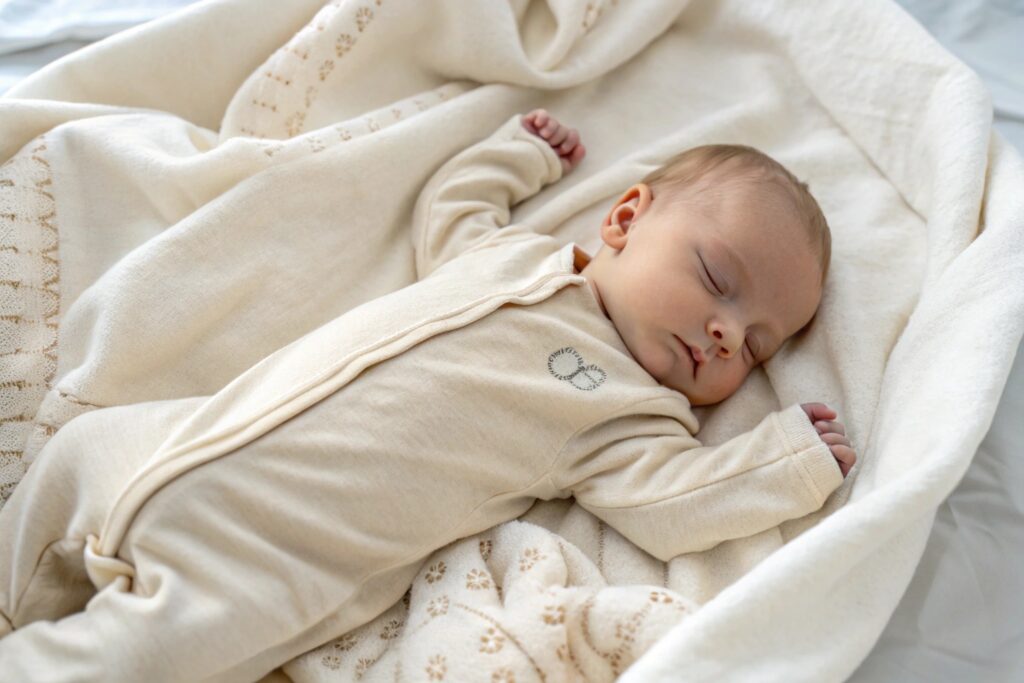
What toxic substances are found in conventional baby clothes and why are they risky?
Most conventional cotton babywear is grown and processed using synthetic fertilizers, chemical pesticides, and heavy-metal-based dyes. During manufacturing, formaldehyde may be used to make clothing wrinkle-free. These chemicals can remain in the final garment—even after washing.
Newborn skin is five times thinner than adult skin and highly absorbent. That means it’s more vulnerable to absorbing toxins through contact. Even low-level chemical exposure may contribute to skin rashes, allergies, or respiratory problems. For parents with eczema-prone or immune-sensitive babies, this risk isn’t worth taking.
Organic clothing, by contrast, avoids these harmful inputs entirely. Certified organic garments are grown without synthetic pesticides, processed without bleach or formaldehyde, and dyed using non-toxic plant or water-based colors. You can often smell the difference—organic cotton smells clean and fresh, not chemically treated.
How does organic certification ensure a garment’s safety for infants?
Organic certification—like GOTS (Global Organic Textile Standard)—sets strict rules for every stage of production. From seed to stitch, materials must meet non-toxic, eco-conscious standards. That includes:
- Cotton grown without synthetic pesticides
- No chlorine bleaching
- No azo dyes or heavy metals
- Safe, low-impact dyeing and printing processes
Here’s a helpful comparison chart:
| Feature | Regular Babywear | Organic Babywear |
|---|---|---|
| Pesticide Residue | Often present | Absent |
| Chemical Dyes | Synthetic and toxic | Plant-based, non-toxic |
| Formaldehyde | Frequently used | Strictly banned |
| Certifications | None or unclear | GOTS, OEKO-TEX |
Benefits of Organic Cotton for Sensitive Skin?
Babies can’t speak, but their skin tells you everything. If their outfit leaves red marks or they cry when dressed, it’s a clear signal something’s wrong.
Organic cotton is the best choice for sensitive baby skin—it’s breathable, hypoallergenic, and free from common irritants.
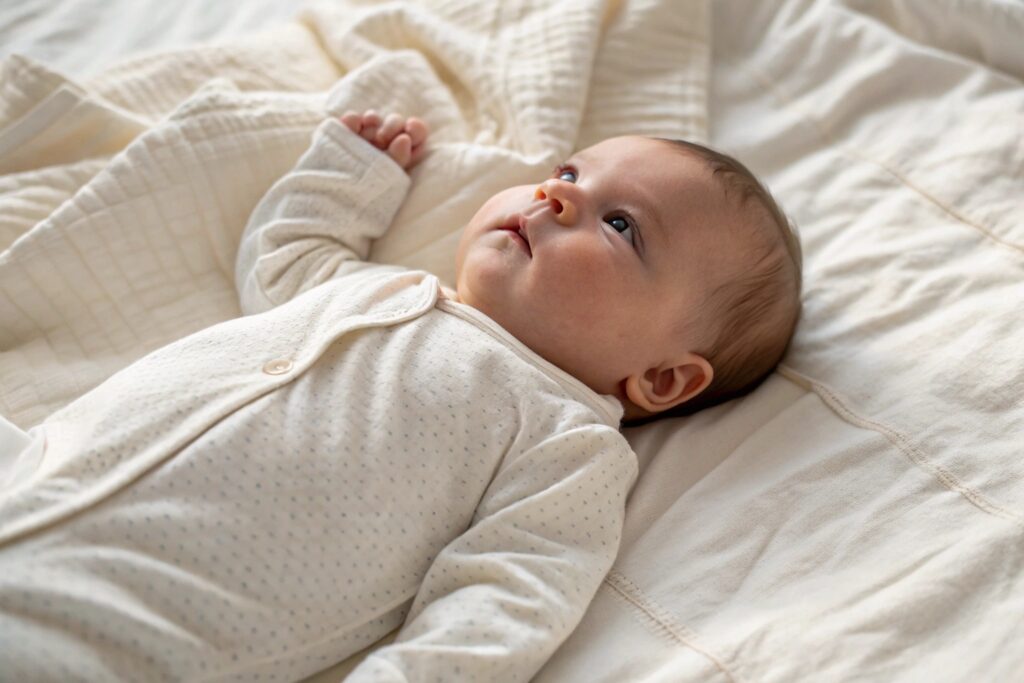
How does organic cotton reduce rashes, itching, and allergic reactions in babies?
Unlike synthetic materials like polyester or rayon, cotton is naturally breathable and soft. But not all cotton is equal. Conventionally grown cotton may feel soft at first, but chemical residues and harsh processing weaken the fiber and increase skin friction. These residues may also disrupt your baby’s skin barrier, especially in hot or dry climates.
Organic cotton preserves the natural structure of the fiber. It’s not treated with softeners or coatings. That means it stays smooth without being stiff. It also lets your baby’s skin breathe—keeping moisture levels balanced and reducing heat rash or diaper-line irritation.
When my son had a persistent rash on his back, we tried switching to organic sleepwear. Within three days, his skin cleared up. It wasn’t a miracle—it was just the absence of chemicals.
Why do pediatricians and dermatologists recommend organic cotton for newborns?
Medical professionals understand that early exposure to allergens can increase the risk of lifelong sensitivity. They recommend organic cotton especially for:
- Preemies or infants with eczema
- Babies recovering from skin conditions
- Hot-weather climates where sweating causes irritation
Here’s a summary of how organic cotton benefits baby skin:
| Benefit | Description |
|---|---|
| Breathability | Regulates temperature, avoids overheating |
| Hypoallergenic | Low risk of allergic reaction or rash |
| Soft Touch | Reduces friction and irritation |
| Moisture-Wicking | Keeps skin dry, especially during sleep |
Why More Parents Choose Organic Babywear?
It’s not just a trend. Parents today are more informed and more cautious than ever. They want products that align with their values—without compromising safety or function.
More parents are choosing organic babywear because it offers safety, comfort, durability, and peace of mind—all while aligning with eco-conscious parenting values.

What are the top motivations behind the shift to organic baby clothing?
According to a recent survey by BabyCenter, 64% of parents consider safety and chemical-free status more important than price. Organic babywear fits that goal. Other driving reasons include:
- Wanting to reduce long-term exposure to toxins
- Support for ethical farming practices
- Allergy prevention
- Social proof and influence from other parents
Many parents feel guilty after realizing how many synthetic items their baby uses every day. Clothes are a simple, visible switch. It’s one area where they can regain control without overhauling everything.
When I started Fumao Clothing, many of our first clients were parents-turned-entrepreneurs. They told us how a frustrating experience with conventional clothes—like unexpected allergic reactions or stiffness—pushed them to look for custom organic solutions.
How does organic clothing fit into a modern parenting lifestyle?
Modern parenting is about balance. We all want smart choices that don’t slow us down. Organic babywear meets that demand with:
- Easy online ordering
- Long-lasting quality (so fewer replacements)
- Minimalist, timeless design
Plus, it checks the “green parenting” box. Moms and dads today think about their carbon footprint, the planet their kids will inherit, and how every small decision adds up. Organic babywear becomes part of that bigger story.
Here’s a quick snapshot:
| Parent Priority | Organic Babywear Answer |
|---|---|
| Safety | No toxic chemicals |
| Simplicity | Gentle designs, versatile use |
| Durability | Holds up after many washes |
| Ethics | Better for workers and farms |
How Organic Clothes Help the Environment?
We don’t just raise children—we shape the world they’ll grow up in. Our choices matter. What we buy leaves a trail across fields, rivers, and air.
Organic baby clothing supports eco-friendly farming, reduces pollution, and protects biodiversity—making it a better choice for the environment.
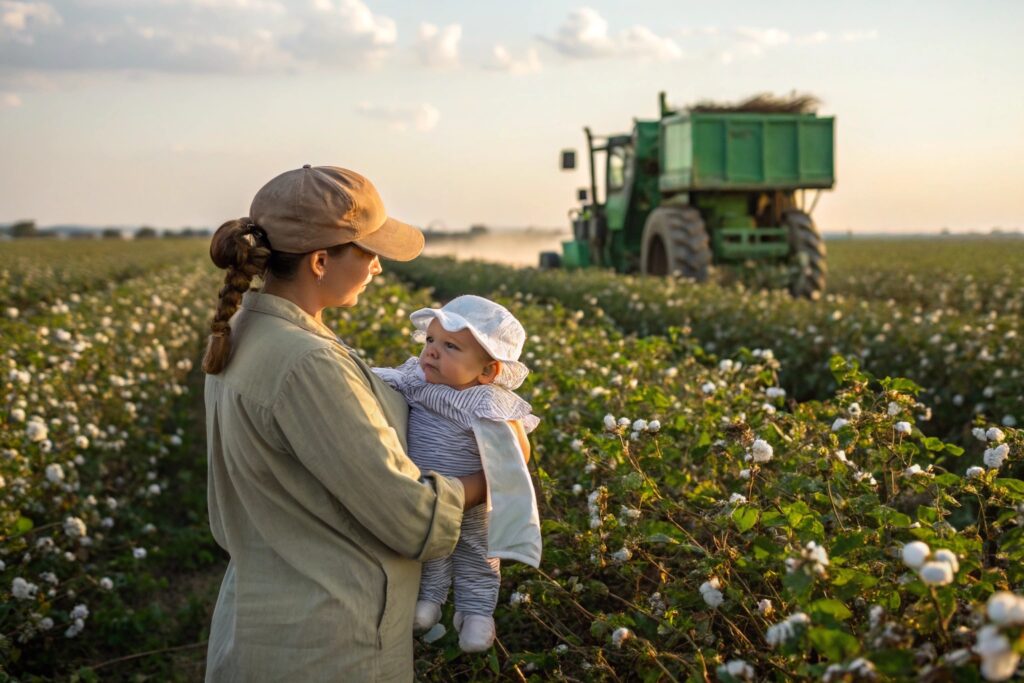
What environmental issues does traditional cotton farming cause?
Conventional cotton farming is one of the most pesticide-intensive agricultural activities. It uses about 16% of the world’s insecticides and 7% of pesticides—yet it only accounts for 2.5% of total farmland. These chemicals often run off into nearby water systems, killing fish and contaminating drinking water.
Additionally, conventional cotton is often genetically modified to resist pests. This reduces biodiversity and damages soil health. Most farms rely heavily on irrigation, wasting huge amounts of water.
All this adds up. The World Wildlife Fund estimates that producing one cotton shirt requires over 2,700 liters of water. That’s enough for one person to drink for 2.5 years.
How is organic cotton farming different and more sustainable?
Organic farming prohibits synthetic pesticides and fertilizers. Farmers use crop rotation, composting, and natural pest control to nourish the soil and protect ecosystems. This leads to:
- Cleaner rivers and lakes
- Better soil retention and fertility
- Less water usage (especially with rain-fed cotton)
- Improved conditions for wildlife
Plus, organic farms are usually certified for fair trade, which means better wages, safer working environments, and reduced exposure to harmful substances for workers.
Here’s a breakdown:
| Environmental Factor | Conventional Cotton | Organic Cotton |
|---|---|---|
| Pesticide Use | High | None |
| Water Consumption | Very high | Often lower |
| Soil Health | Depleted | Regenerative |
| Biodiversity | Decreasing | Protected |
Choosing organic babywear is like voting for a healthier planet. It tells the industry: we want better—for our kids, and for everyone else’s too.
Conclusion
Organic baby clothing protects your baby’s skin and supports the planet they’ll inherit. It’s not just fabric—it’s a future-focused choice for families who care.

